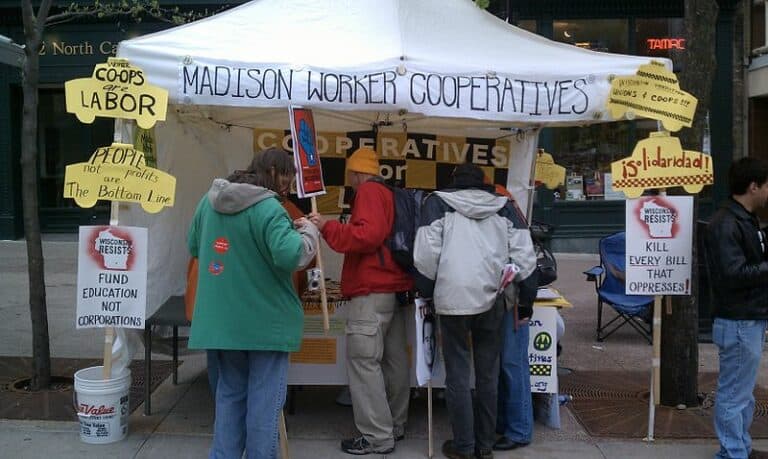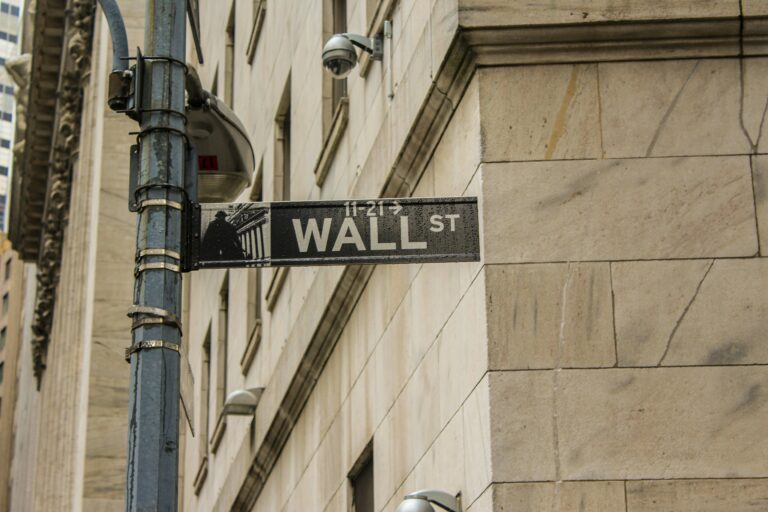
Andrew Strom is a union lawyer based in New York City. He is also an adjunct professor at Brooklyn Law School.
Andrew Strom is Associate General Counsel of SEIU Local 32BJ.
In July, the Seventh Circuit issued a decision in a long-running dispute between the Congress Plaza Hotel and Unite-Here Local 1. The court allowed a case to go to trial alleging that the Union engaged in unlawful coercive secondary activity. Some of the activity at issue involved small groups of union representatives attempting to meet with decision-makers of various entities in an effort to persuade them not to do business with the Hotel. The court held that once the decision-makers said they were not interested in talking to the Union, the Union did not have a right to go back on another day to try again. In reaching this conclusion, the court embraced a position long advocated by union supporters, holding that individuals are essentially a captive audience at their workplaces.
The court asserted that “First Amendment liberties are less fundamental when the speaker is cornering an unwilling audience in a private office space.” The court further noted that while a viewer can ordinarily avert his eyes from unwanted messages on a public street, “the freedom of an unwilling listener to avert one’s eyes or ears is considerably lessened when she is required to be on the job… First Amendment freedoms would therefore not be significantly chilled by a ruling that the Union harassed an essentially captive audience.”
Perhaps the labor movement should thank the Congress Plaza Hotel for getting a court to acknowledge what many of us have been saying for years –- on-the-job captive audience meetings do not deserve the protection of the First Amendment. In a partial dissent in 2 Sisters Food Group, 357 NLRB No. 168 (2011), Board Member Becker traced the history of the NLRB’s doctrine allowing captive audience meetings except for the final twenty-four hours before an election. He concluded that “one searches Board precedent in vain for a colorable rationale for the current rule….” To the contrary, he pointed out that the source of the Board’s doctrine allowing employers to compel attendance at anti-union meetings is a 1948 case, Babcock & Wilcox Co., where the Board simply asserted that the result was required by Section 8(c) of the NLRA. But, it has often been said that Section 8(c) “merely implements the First Amendment.” If the Seventh Circuit is correct that the First Amendment does not protect a speaker who confronts an unwilling listener on the job, then the NLRB ought to be able to provide workers with a mechanism where they can opt out of listening to their employer’s anti-union speech.






Daily News & Commentary
Start your day with our roundup of the latest labor developments. See all
April 11
Trump considers measures to return farm and hospitality workers to the US after deportation; Utah labor leaders make final push to get the “Protect Utah Workers” referendum on the state’s ballot; hundreds of probationary National Oceanic and Atmospheric Administration employees were re-terminated
April 10
Chief Justice Roberts pauses reinstatement of NLRB Chairwoman Wilcox and MSBP Chairwoman Harris, former EEOC Commissioner Samuels sues Trump alleging unlawful firing, and unions sue to block Trump executive order targeting collective bargaining agreements at federal agencies that have national security missions.
April 8
D.C. Circuit reinstates Wilcox; DOL attempts to trim workforce again; unions split regarding Trump tariffs
April 7
State legislatures threaten to expand E-Verify coverage; the EEOC enforces at least parts of its PWFA regulations.
April 6
In today’s news and commentary, Alabama enacts paid parental leave for state employees, a new jobs report could be upended by tariff policies, and labor unions help plan mass demonstrations across the country. In Alabama, Governor Kay Ivey signed a bill that provides paid parental leave to state employees, including public school teachers. The law, […]
April 4
Colorado Senate Bill 5 sparks heated debate over union security thresholds; SEIU launches national ad campaign protesting detention of union members; 60,000 UC workers strike over alleged unfair labor practices.